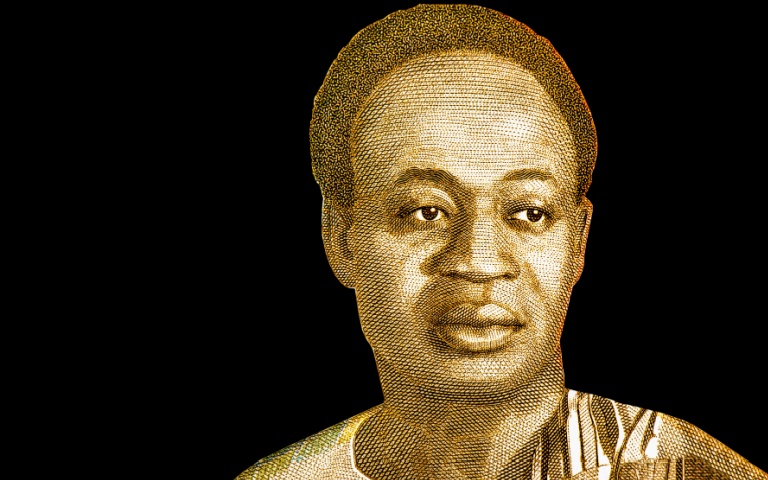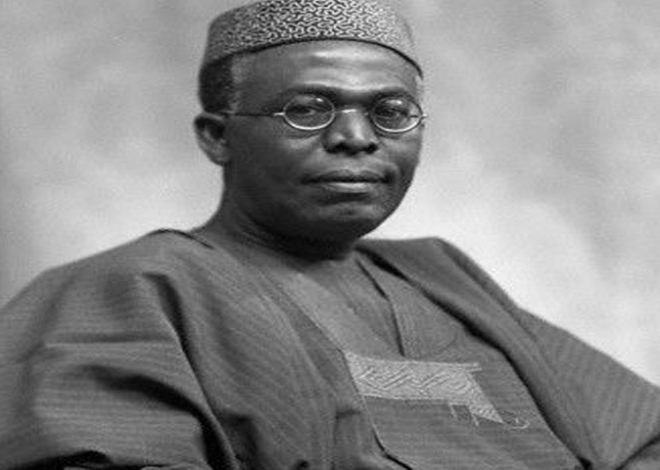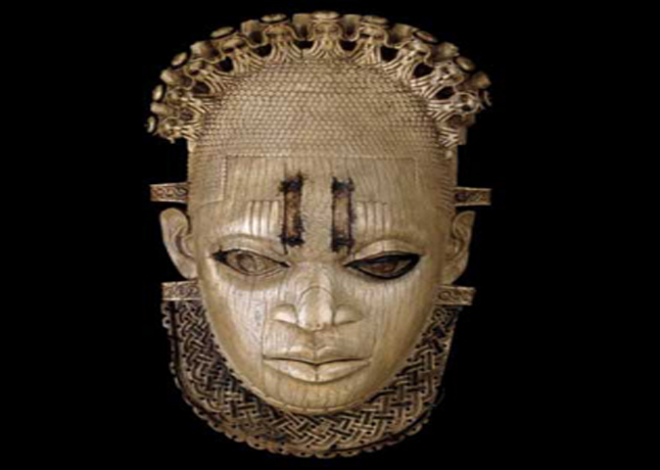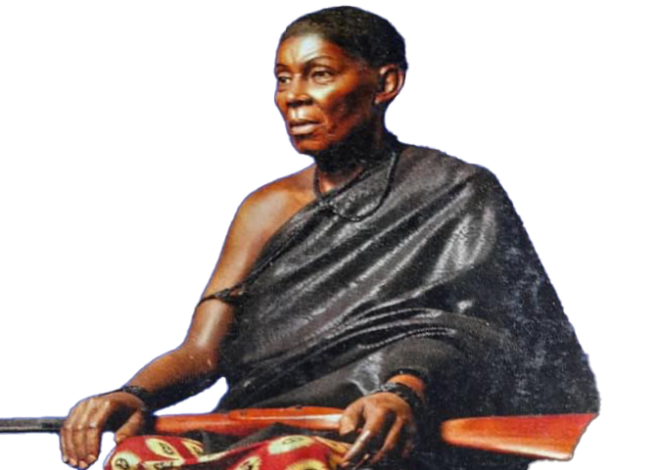
A Great African Leader – Kwame Nkrumah
The Visionary Leader Who Shaped Ghana and Africa
Kwame Nkrumah stands as one of Africa’s most iconic and influential leaders. As Ghana’s first President and Prime Minister, he was a driving force behind the country’s independence and an ardent advocate for Pan-Africanism. Nkrumah’s life and legacy are a testament to his unwavering commitment to African unity, self-determination, and social justice. Sure, here is the revised text:
This article explores Kwame Nkrumah’s incredible journey, his contributions to Ghana’s independence, his vision for Africa, and his enduring impact on the continent.
Early Life and Education
He was born on September 21, 1909, in Nkroful, a small village on the Gold Coast (now Ghana). Nkrumah’s early years were marked by a passion for education and a desire for social change. After completing his primary and secondary education locally, he pursued higher education in the United States, earning degrees in economics and sociology from Lincoln University and the University of Pennsylvania. During his time abroad, Nkrumah was exposed to the ideas of socialism, Marxism, and Pan-Africanism, which would later shape his political ideology.
The Road to Independence
Upon his return to the Gold Coast in 1947, his homecoming was eagerly anticipated and welcomed by the local community. Nkrumah became involved in the independence movement, joining the United Gold Coast Convention (UGCC). However, his radical approach and desire for immediate self-governance led to a split with the more conservative UGCC leadership. In 1949, Nkrumah founded the Convention People’s Party (CPP), advocating for “Self-Government Now.”
Nkrumah’s charismatic leadership and ability to mobilize the masses quickly gained traction. His positive action strategy, which included strikes, boycotts, and civil disobedience, intensified the push for independence. Despite being imprisoned for his activities, Nkrumah’s popularity soared, and in the 1951 elections, the CPP won a significant majority. Upon his release, he became the Leader of Government Business, and in 1957, he led the Gold Coast to achieve independence, renaming Ghana.
Visionary Leadership and Pan-Africanism
Nkrumah’s vision extended beyond Ghana’s borders. He was a staunch advocate for Pan-Africanism, believing that the liberation and unity of Africa were essential for the continent’s progress. In 1958, he convened the first Conference of Independent African States in Accra, which laid the groundwork for future African unity efforts. Nkrumah was also instrumental in forming the Organization of African Unity (OAU) in 1963, promoting solidarity and cooperation among African nations.
Domestically, Nkrumah embarked on an ambitious agenda to transform Ghana into a modern, industrialized state. His policies focused on education, infrastructure development, and industrialization. Projects like the Akosombo Dam, which provided hydroelectric power, and the establishment of numerous schools and universities underscored his commitment to growth and self-reliance.
Challenges and Downfall
Despite his achievements, Nkrumah’s tenure was challenging. His increasingly authoritarian approach, economic difficulties, and political opposition marred his later years in power. The Preventive Detention Act of 1958, which allowed the government to imprison political opponents without trial, highlighted his shift towards autocracy.
Economic problems, exacerbated by falling cocoa prices and ambitious but costly development projects, strained Ghana’s finances. He was growing discontent among the populace, and the military culminated in a coup d’état in 1966 while Nkrumah was on a state visit to China and North Vietnam. Nkrumah never returned to Ghana, spending his remaining years in exile in Guinea, where he continued to advocate for African unity until he died in 1972.
Legacy and Impact
Kwame Nkrumah’s legacy is complex but undeniably profound. He is widely acclaimed as a forward-thinking leader who played a crucial role in Africa’s decolonization and in advancing Pan-Africanism. His efforts to unite Africa and his belief in the continent’s potential have inspired generations of African leaders and activists.
In Ghana, Nkrumah is remembered as the nation’s founding father, and his contributions to education, infrastructure, and national identity are enduring. The institutions and policies he established laid the foundation for Ghana’s development, even if his ambitious dreams were only partially realized during his lifetime.
Conclusion: A Visionary for Africa
Kwame Nkrumah is an immensely influential and significant figure in African history. His relentless pursuit of independence, commitment to Pan-Africanism, and vision for a united and prosperous Africa have left an indelible mark on the continent. While his later years were known for controversy and challenges, his contributions to African liberation and unity continue to resonate.
Nkrumah’s life is a testament to the power of visionary leadership and the enduring struggle for freedom and justice. His legacy inspires those who continue to fight for the ideals he championed: self-determination, unity, and progress for all Africans.


